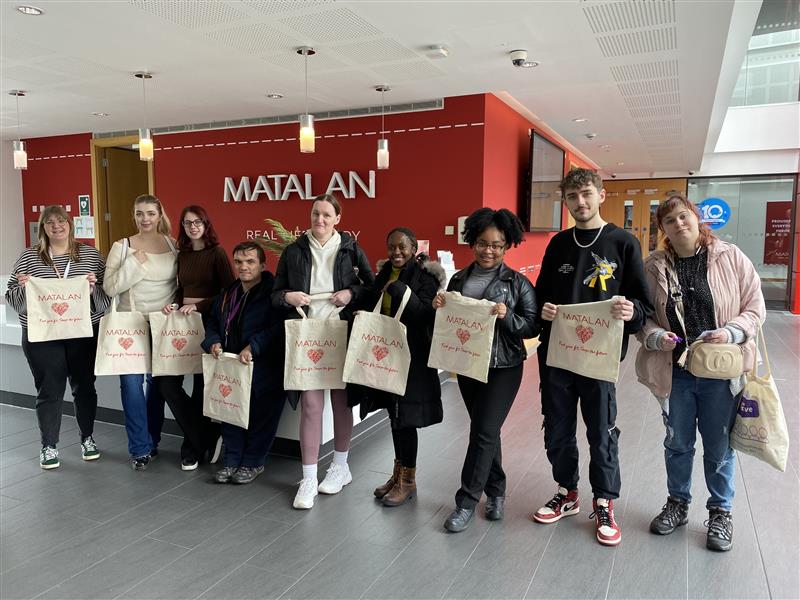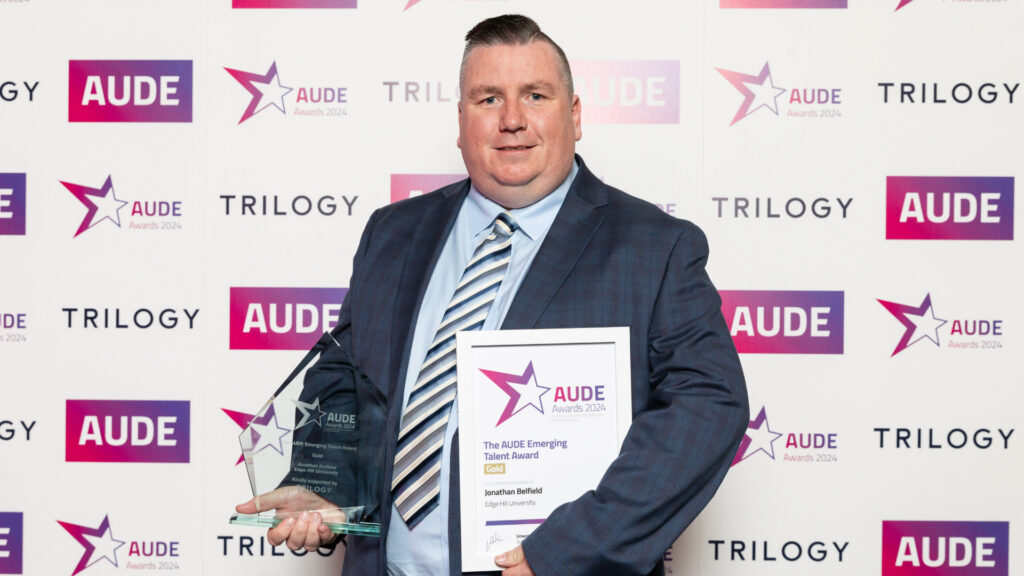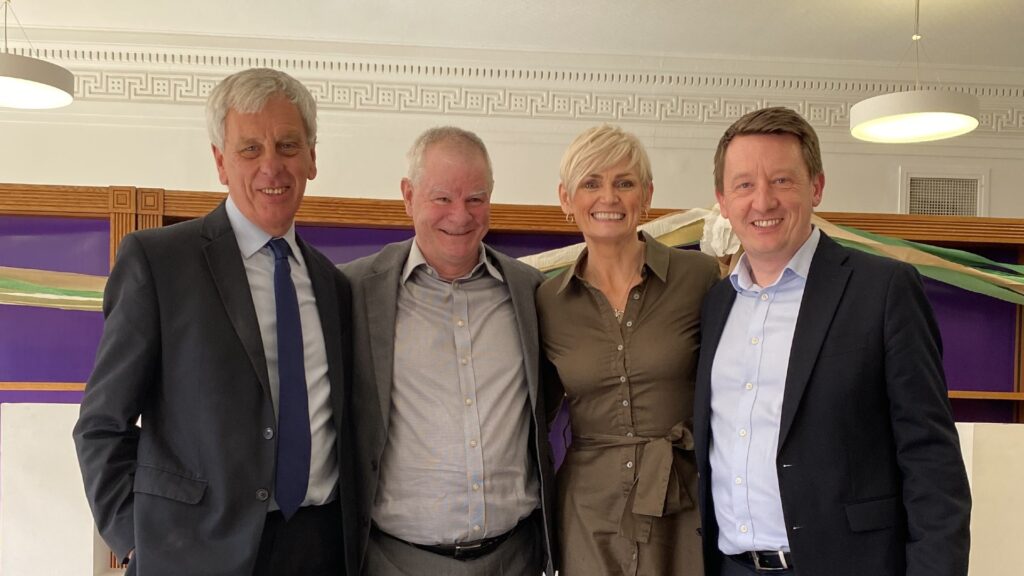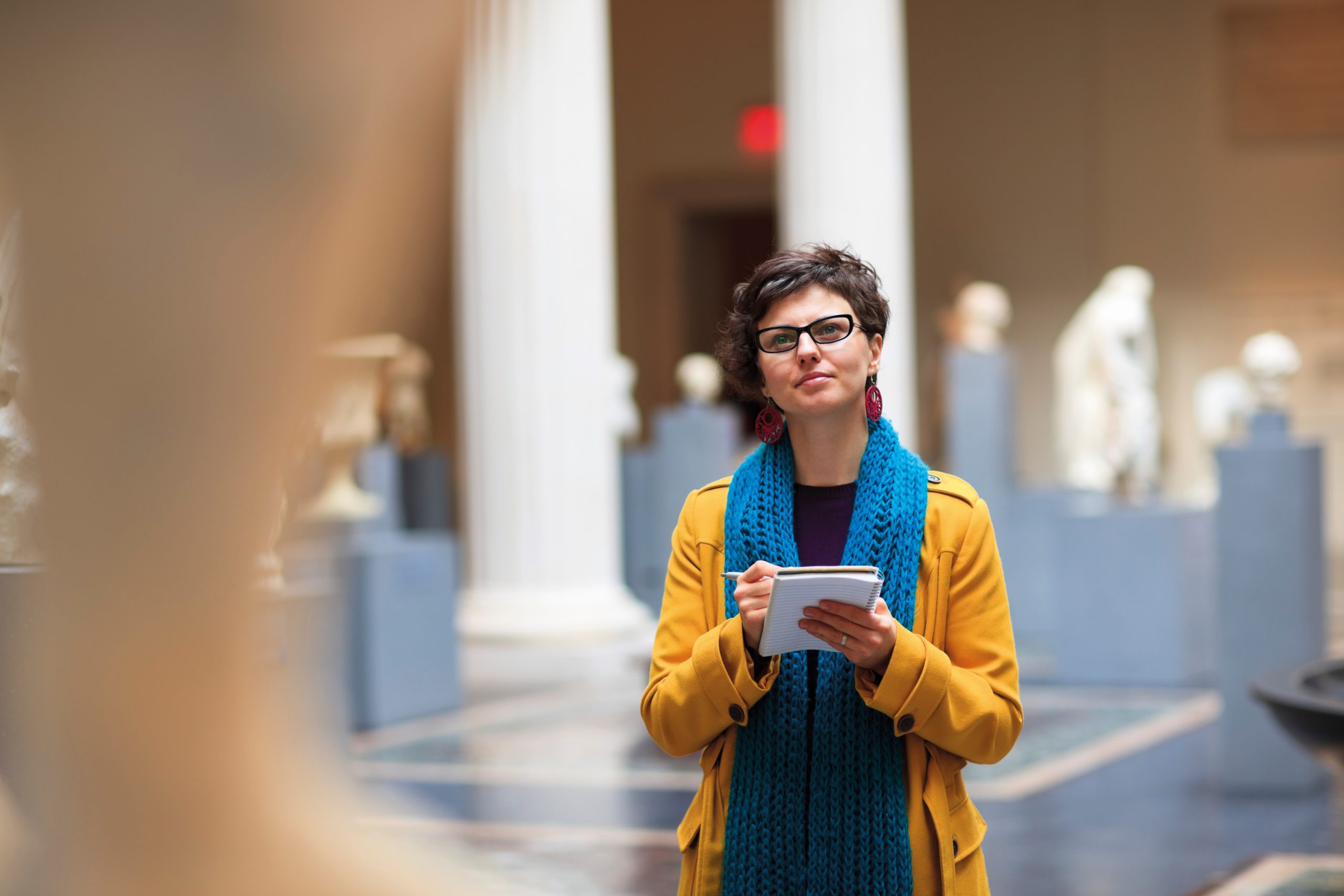
We think about employability skills as part of historical study – through engaging in public history.
Employability skills are embedded at key points throughout our BA (Hons) History degree, such as the compulsory second year module History in the Making which involves undertaking work-based placements. Recent placements have seen students working at companies and organisations such as the National Trust, GMB Union and Morecambe Fringe Festival.
There are also plenty of opportunities to apply your subject knowledge, understanding and skills on a range of field trips and other activities. Search and observe historical documents at Lancashire Records Office. Explore influential exhibitions at the museums in Liverpool. Benefit from our relationship with The Atkinson in Southport. If you’re thinking of studying our BA (Hons) History and Politics course, then there will also be opportunities to visit party conferences and meet politicians on campus.
All these opportunities and more are available to you throughout your degree, and whatever additional opportunities may arise for you to enhance and develop your future, we’ll support you.
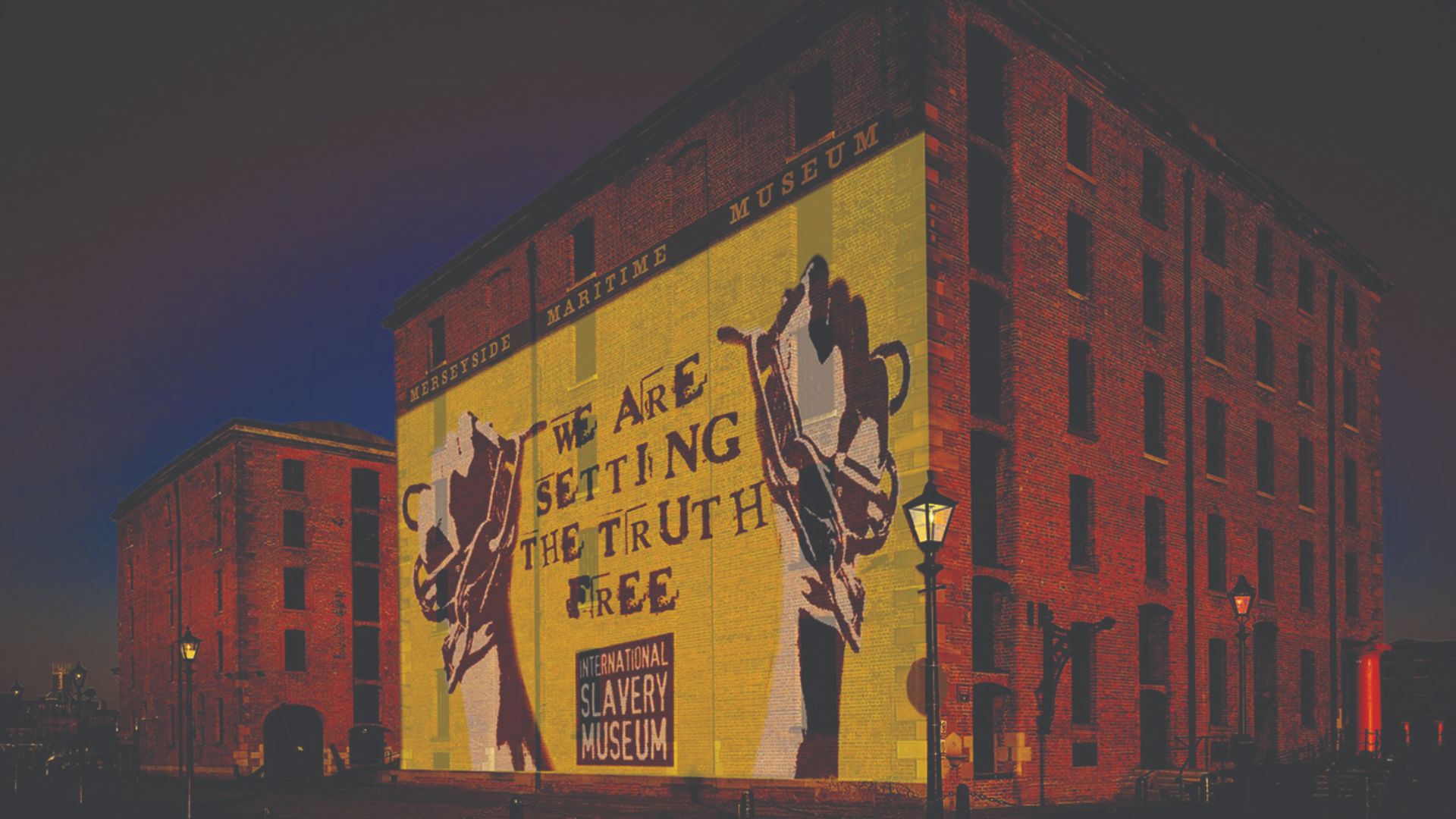
National Museums, Liverpool
Edge Hill is just a short journey from Liverpool and all of its museums and heritage sites. One of our core first year modules involves a field trip to the city where we’ll explore venues such as the International Slavery Museum, the Museum of Liverpool, the World Museum, and the Walker Art Gallery. In the process, we encourage you to think like curators and analyse how the museums present the past.
Dr Lindy Brady, Senior Lecturer in Medieval History

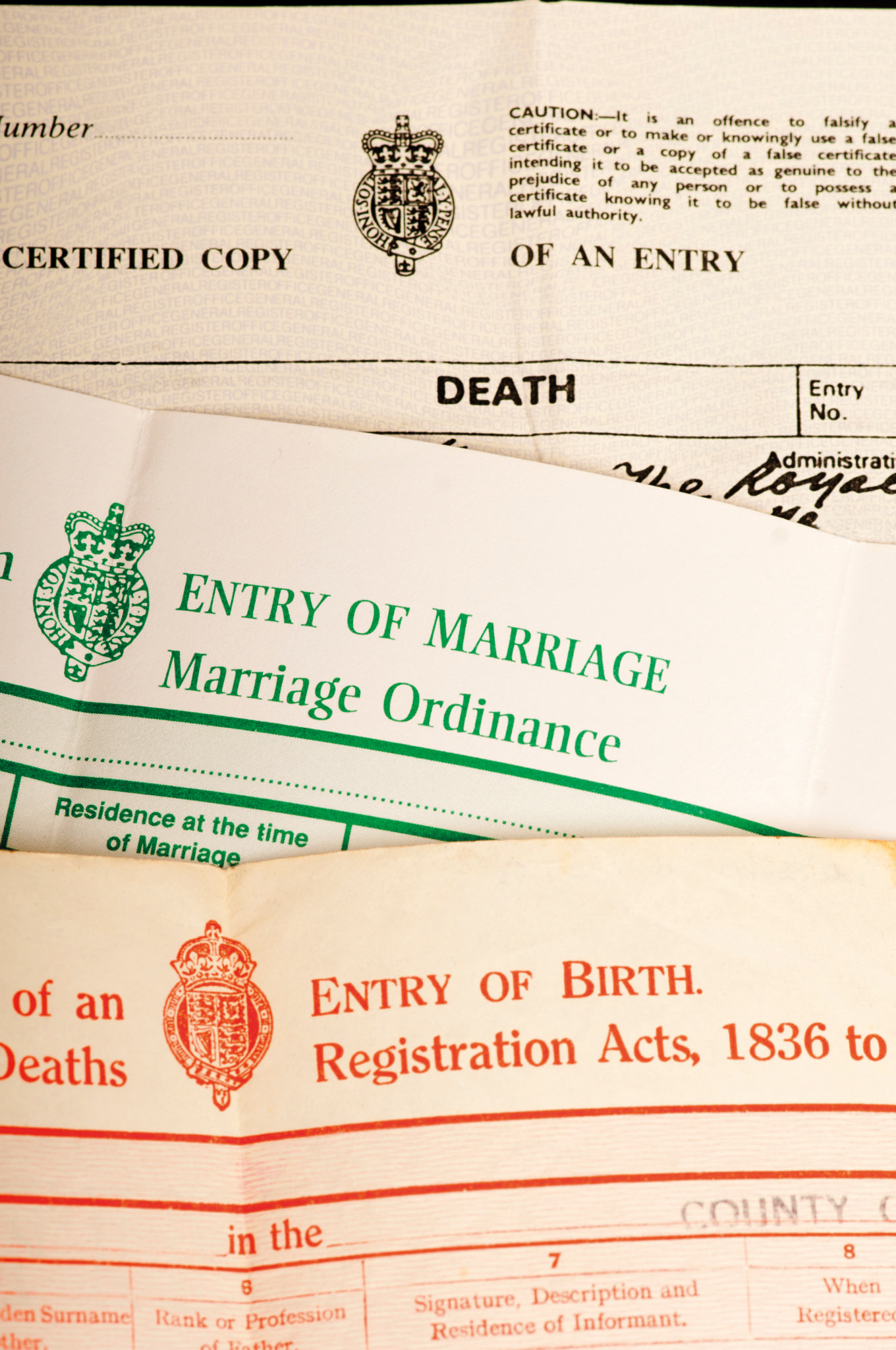
Lancashire Record Office
“History students at Edge Hill University have access to a huge amount of digital sources, but most historical sources are not yet digitised so a visit to a major working archives is important. The archives held at the Lancashire Record Office are unique and irreplaceable and cover very wide and diverse aspects of Lancashire’s history. Students get an introduction to the operation of the archive and also short talks on careers in the sector.”
Professor Alyson Brown, Associate Head of the Department
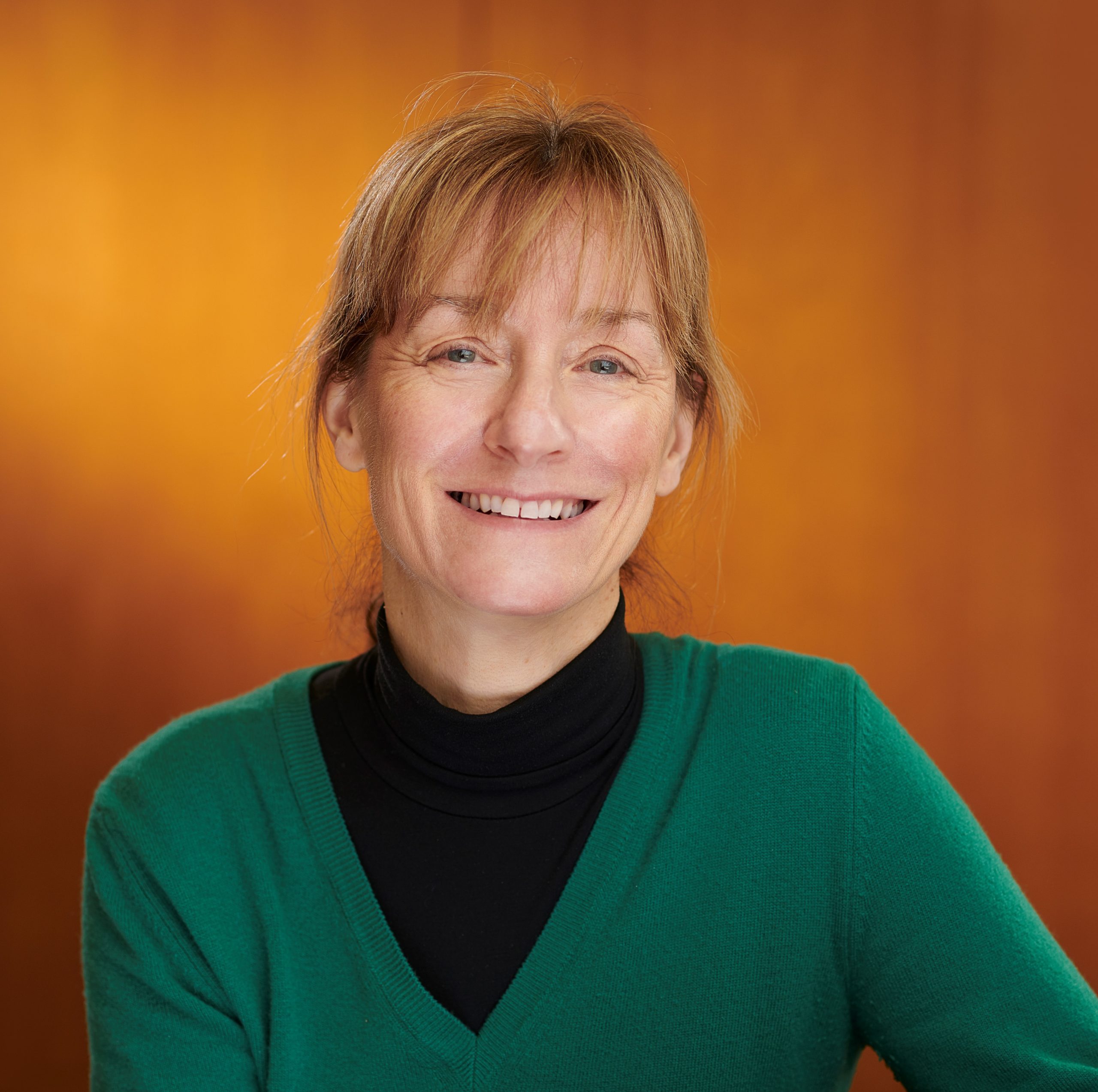
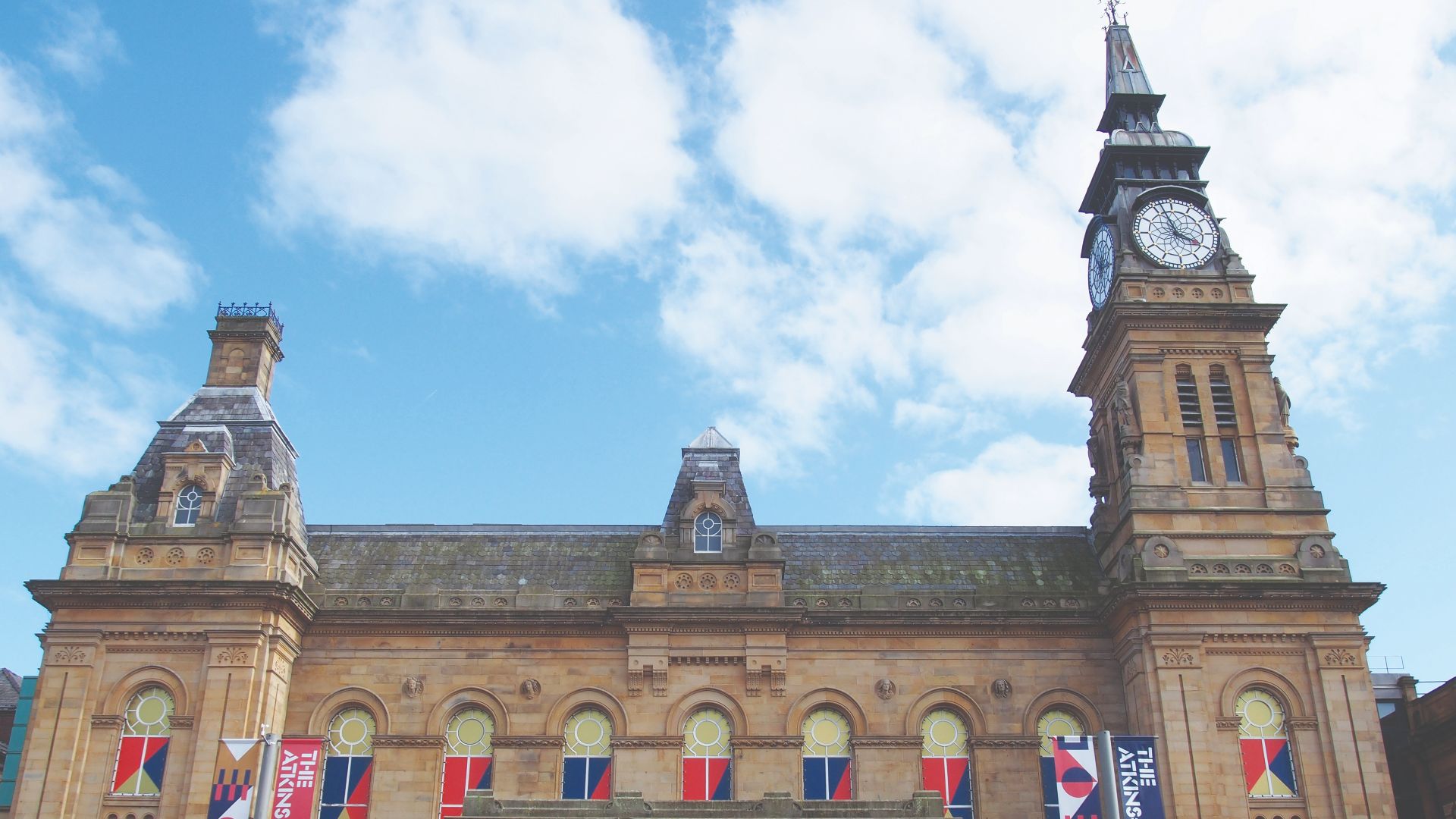
The Atkinson, Southport
“Edge Hill has a close relationship with The Atkinson, a major exhibition, museum, theatre, and library space in the centre of Southport. History students have worked there on placement and helped to design exhibitions, create activities for visiting schools, and write blogs for the website.”
Dr Bob Nicholson, Associate Head of Department

Upon graduation, you’ll be equipped with many key transferable skills, including critical analysis, the ability to conduct research, communication, debating and reasoning. All of these skills are highly regarded by employers.
Our previous history graduates have successful careers as academics, civil servants, museum curators, journalists and solicitors, amongst many others. With employability skills embedded throughout our courses, we actively encourage our students to embrace any opportunities to gain work-related learning experience, with financial assistance often available through the EHU Student Opportunity Fund.
February 16, 2024
